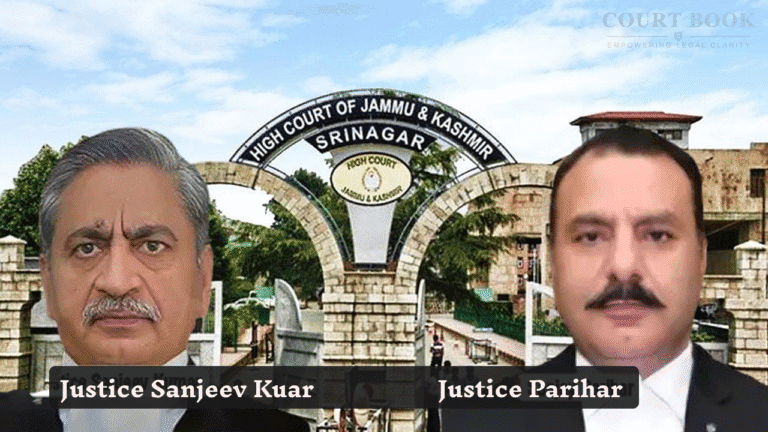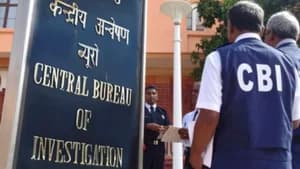In a significant ruling, the Jammu & Kashmir High Court at Srinagar has modified a previous writ court decision concerning the wrongful termination of a State Road Transport Corporation (SRTC) employee. The Court directed the SRTC to pay 50% back wages to the legal heirs of the deceased bus conductor, acknowledging the prolonged litigation and the unjust termination he suffered.
Background of the Case
The deceased employee, Mohammad Ayoub Shah, served as a Conductor/Ticket Collector with the J&K SRTC. His services were terminated on the allegation that 22 passengers were found traveling without tickets on his bus operating on the Anantnag–Chattergul route.
Read also:- Kerala High Court Explains Mandate of Section 223(2) BNSS in Handling Complaints Against Public Servants
An internal inquiry conducted by the SRTC ultimately gave Shah the benefit of the doubt, leading to his reinstatement in 1999. However, despite being reinstated, Shah was denied any salary or back wages for the 12-year period of termination (1987–1999). This treatment led to protracted legal proceedings.
“The original petitioner could not work in the Corporation, for he was not permitted to do so because of termination of his services... the principle of 'no work, no wages' cannot be invoked in such a case.”
While the initial writ court had directed full back wages, the High Court bench comprising Justice Sanjay Parihar and Justice Sanjeev Kumar modified that decision, stating that full back wages could not be granted due to the absence of specific pleadings about Shah’s gainful or non-gainful employment during the intervening years.
Read also:- Kerala High Court Upholds Compassionate Appointment Despite Criminal Past, Applies ‘Nexus Test’
The Court examined a long line of Supreme Court judgments and evolved jurisprudence to clarify the guiding principles on awarding back wages in wrongful termination cases. Key considerations include:
- Whether the employee was gainfully employed during the termination period
- The nature of the misconduct (if any)
- The financial health of the employer
- Length and character of the service
The Court noted that neither the petitioner nor the Corporation provided clear evidence about Shah’s employment status during the 12-year gap.
“Mere fact that he filed the writ petition seeking back wages raises the presumption that the original writ petitioner was not gainfully employed.”
Read also:- Supreme Court: Secretly Recorded Phone Call of Spouse Is Admissible in Divorce Cases
The SRTC claimed its poor financial state as a reason to deny back wages. Although the court did not accept this as a sole basis, it acknowledged financial hardship as a relevant factor.
“Burdening the Corporation with the payment of huge arrears… would be against public interest and tell upon heavily on the financial health of the Corporation.”
Taking into account the death of the original petitioner, the prolonged litigation (spanning more than three decades), and the absence of conclusive evidence on gainful employment, the Court directed the Corporation to pay 50% of the back wages to the legal heirs.
The amount must be released within three months from the date of the judgment, failing which an interest rate of 6% per annum will be applied to the arrears.
Read also:- Punjab & Haryana HC Slams Prosecution for Delay, Grants Bail in NDPS Case Over Witness Absence
Quotes from the Judgment
“In the given facts and circumstances… it would be too late in the day to send the case for re-determination.”
“We are aware that the principle of ‘no work no wages’ cannot be invoked where the person has been forced to sit idle because of illegal and an unjustified order of termination.”
Case Title: J&K Road Transport Corporation vs Shareefa & Ors, 2025
Petitioner’s Counsel: Mr. Altaf Haqani, Sr. Advocate with Ms. Asif Wani, Advocate
Respondents’ Counsel: Ms. Asma Rashid, Advocate














